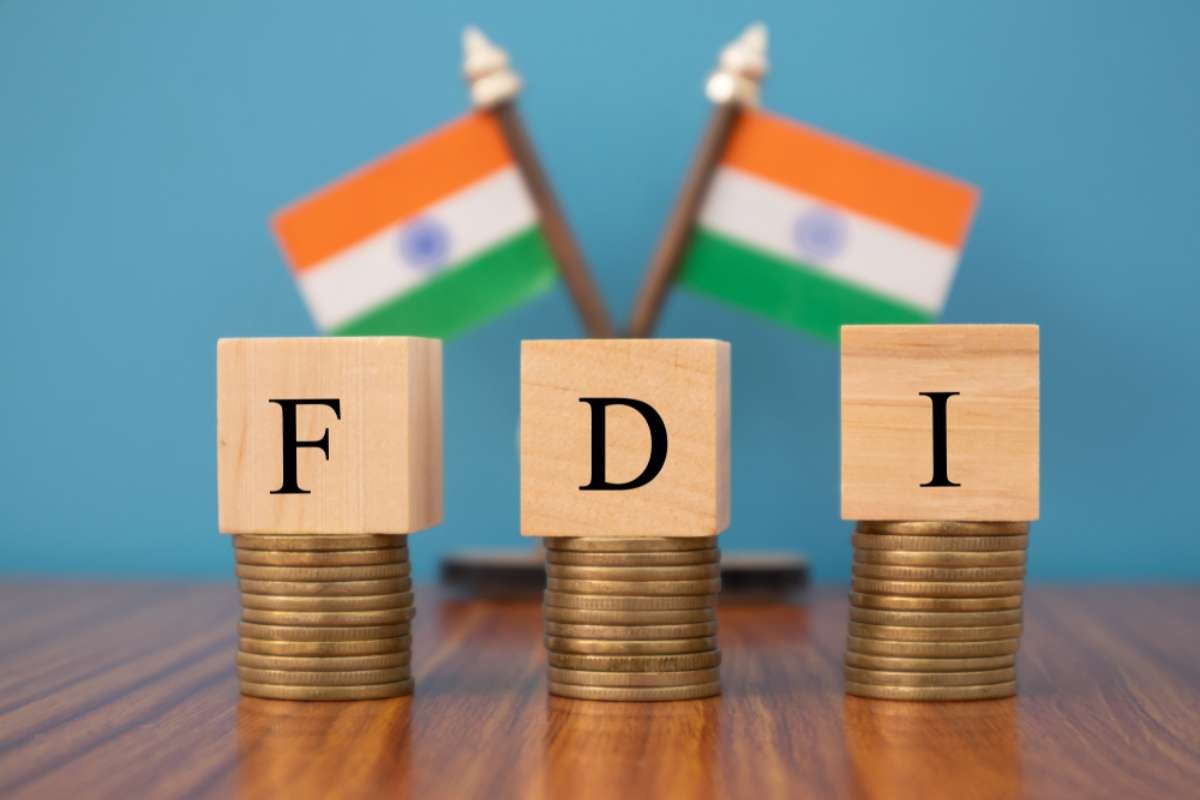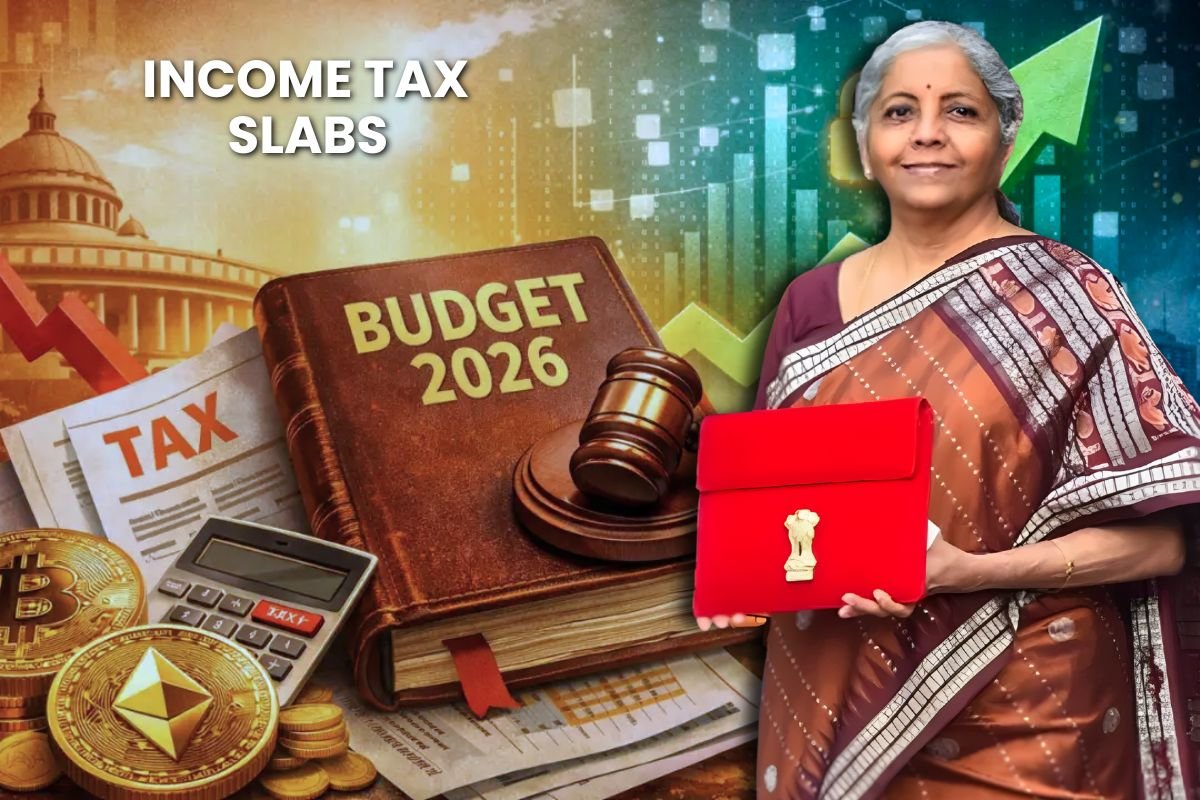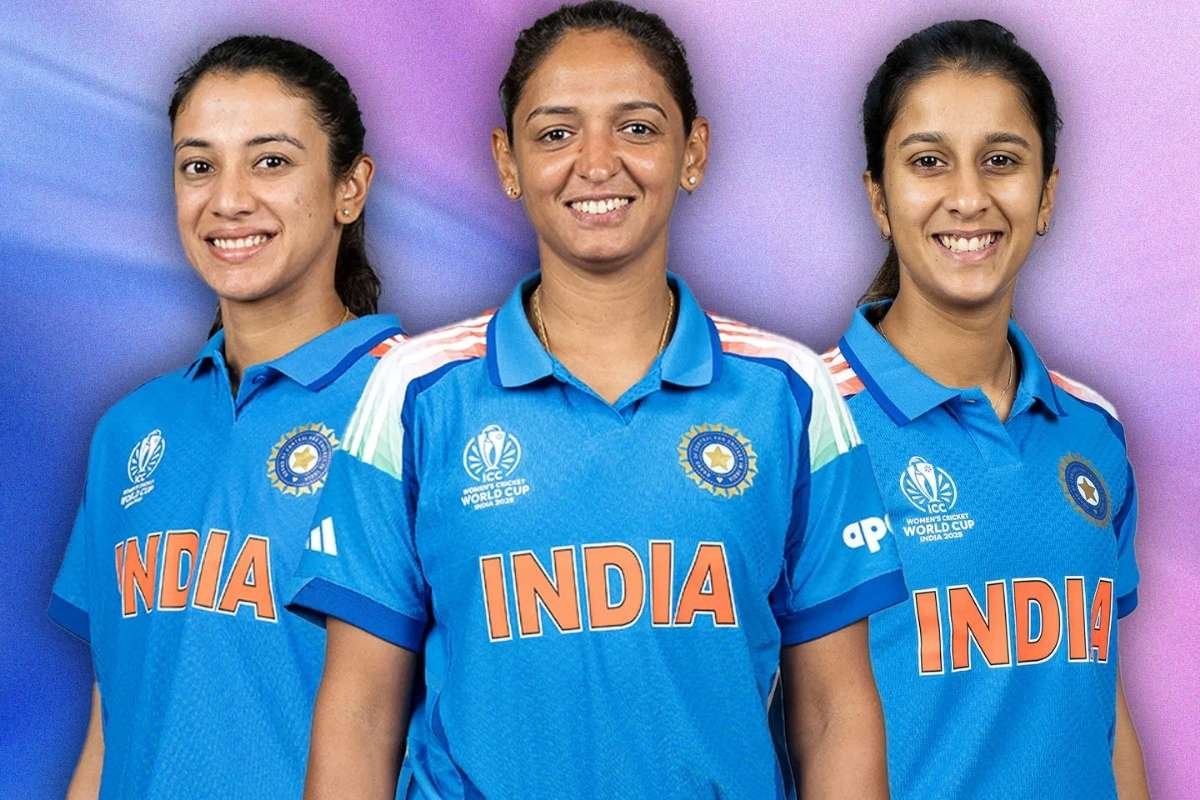The journey of education in India owes much of its progress to visionary women who broke barriers, challenged the norm, and redefined the learning landscape. These Indian female educationists not only fought social prejudices but also built institutions, launched path-breaking reforms, and nurtured generations of change-makers.
In a country with deeply rooted traditional systems, their courage to educate and empower has created a ripple effect, transforming communities and influencing national policies. This blog pays tribute to 10 remarkable Indian female educationists whose contributions continue to inspire and educate millions.
Why Indian Female Educationists Matter
Historically, Indian society wasn’t always welcoming toward women’s education. Overcoming this adversity, Indian female educationists emerged as voices of reason and reform. They didn’t just teach—they built schools, challenged patriarchy, introduced reforms, and served as role models for generations of educators to come. Their influence spans across decades, reshaping India’s educational infrastructure and focusing on inclusion, equity, and innovation.
Here Are the Top 10 Indian Female Educationists and Their Impact:
Below is a comprehensive table highlighting the top 10 Indian female educationists, along with their birth year, major contributions, and notable recognitions.
1. Savitribai Phule
- Year of Birth: 1831
- Major Contribution: Opened India’s first girls’ school
- Awards & Recognition: Recognized posthumously as an education pioneer
Savitribai Phule stands as one of the most iconic Indian female educationists in history. Often referred to as India’s first female teacher, she began her revolutionary journey by co-founding the first school for girls in Pune with her husband Jyotirao Phule in 1848.
What made her stand out wasn’t just her role as an educator, but her courage in the face of social hostility—she was often pelted with stones and dung on her way to school. Still, she remained unfazed and continued to champion women’s rights and Dalit empowerment through education. Savitribai’s handwritten poetry, speeches, and letters still serve as powerful manifestos for educational reform.
2. Dr. Anandibai Sarada

- Year of Birth: 1902
- Major Contribution: Promoted women’s higher education
- Awards & Recognition: Padma Shri (1975)
Among the most determined Indian female educationists of the 20th century, Dr. Anandibai Sarada devoted her life to the expansion of women’s higher education in southern India. A strong proponent of vernacular education, she advocated for the use of regional languages in women’s colleges, breaking the colonial preference for English.
She believed that empowering women in their mother tongue would lead to a deeper community impact. Her influence led to a surge in female enrollment in teacher training colleges, and her mentorship created a new generation of women educators in rural districts.
You Must Read: Top 10 Sweetest Languages in India That Will Melt Your Heart
3. Rukmini Devi Arundale
- Year of Birth: 1904
- Major Contribution: Founded Kalakshetra for arts education
- Awards & Recognition: Padma Bhushan (1956)
Rukmini Devi Arundale carved a unique path as one of the few Indian female educationists who bridged classical arts and modern education. She didn’t just revive Bharatanatyam from its marginalized roots but institutionalized it by establishing Kalakshetra, a center of excellence that blended traditional dance with holistic learning.
Rukmini Devi’s model school included yoga, music, and philosophy as essential subjects, decades ahead of the New Education Policy’s emphasis on integrated learning. Her efforts not only preserved India’s cultural heritage but also made it accessible to students from across the globe.
4. Begum Rokeya
- Year of Birth: 1880
- Major Contribution: Started the first school for Muslim girls in Bengal
- Awards & Recognition: Recognition in Bangladesh, Women’s Day icon
Begum Rokeya, though born in what is now Bangladesh, is counted among the leading Indian female educationists due to her monumental influence on Muslim women’s education during British India.
In an era when even upper-class Muslim girls were denied education, Rokeya broke barriers by writing in Bengali and English, advocating women’s rights in journals like “Sultana’s Dream” and founding the Sakhawat Memorial School. Her legacy is not just institutional but intellectual, encouraging critical thought and feminist ideology within the educational sphere.
5. Dr. Indira Hinduja

- Year of Birth: 1946
- Major Contribution: Introduced IVF in India, and education in medicine
- Awards & Recognition: Padma Shri (2011)
Dr. Indira Hinduja is celebrated not only as a pioneer in medical science but also as one of the most respected Indian female educationists in reproductive health education. Her groundbreaking success in delivering India’s first test-tube baby in 1986 catalyzed a national conversation around fertility education.
Beyond clinical practice, she authored several academic texts and lectured extensively to demystify infertility, bringing empathy into medical education. Her leadership inspired a generation of female doctors to pursue research-driven careers in gynecology.
6. Dr. Kiran Bedi
- Year of Birth: 1949
- Major Contribution: Reformed prison education system
- Awards & Recognition: Ramon Magsaysay Award
Dr. Kiran Bedi’s name often surfaces in law enforcement discussions, but her impact on educational reform, particularly within prisons, earns her a place among the top Indian female educationists.
During her tenure as Inspector General of Prisons, she launched the Navjyoti India Foundation, focusing on rehabilitation through education, literacy drives, and vocational training for inmates. Her belief that even hardened criminals deserve a second chance through knowledge has reshaped how correctional education is perceived in India.
7. Shaheen Mistri
- Year of Birth: 1971
- Major Contribution: Founded Akanksha Foundation & Teach for India
- Awards & Recognition: Global Recognition for grassroots work
Shaheen Mistri’s journey as one of the most inspiring Indian female educationists began not in India but during her teenage years abroad. Moved by the inequality she saw upon her return, she founded Akanksha Foundation at just 18 and later Teach for India, a nationwide movement to address educational inequity.
What sets her apart is her grassroots leadership style—she trains fellows herself, visits slums regularly, and builds a deep emotional connection with children. Her influence has created a leadership pipeline of socially committed educators and changemakers.
Don’t Miss: 12 Best Life-Changing Books That Will Shift Your Perspective Forever
8. Rukmini Banerji

- Year of Birth: 1960s
- Major Contribution: CEO of Pratham, revolutionized rural literacy
- Awards & Recognition: Skoll Award, WISE Prize
As the CEO of Pratham, Rukmini Banerji is widely recognized as a data-driven educationist. But what many don’t know is her early work as a field volunteer in Bihar and Uttar Pradesh, where she manually surveyed villages to understand why children weren’t learning.
Her research inspired the creation of the Annual Status of Education Report (ASER), a tool that now influences government funding and policy decisions. She is one of the few Indian female educationists combining pedagogy with rigorous statistical insight to drive systemic change.
9. Dr. Sunitha Krishnan
- Year of Birth: 1972
- Major Contribution: Educated and rehabilitated trafficking victims
- Awards & Recognition: Padma Shri (2016)
Dr. Sunitha Krishnan’s impact on education emerges from her tireless work with trafficking survivors. As the co-founder of Prajwala, she offers more than shelter—she offers holistic education. Many don’t realize that her schools are tailored for trauma-affected children, with integrated counseling, arts, and vocational training.
Her trauma-informed pedagogy is now cited globally as a model for educational rehabilitation. Among Indian female educationists, she is a rare blend of activist, academic, and curriculum innovator.
10. Dr. Swati Popat Vats
- Year of Birth: 1966
- Major Contribution: Early childhood education pioneer
- Awards & Recognition: President of Early Childhood Association
Dr. Swati Popat Vats stands at the forefront of early childhood education in India. What differentiates her work is her advocacy for neuroscience-based learning methods. Through her organization, Podar Jumbo Kids, she introduced brain-compatible curricula long before it became a global trend.
She also campaigns against rote learning, calling for joyful classrooms and parental involvement. Among Indian female educationists, her voice is pivotal in policy consultations and educator training nationwide.
Conclusion
The legacy of Indian female educationists is a testament to the power of vision, resilience, and compassion. Their collective journey is not just about teaching—it’s about rebuilding the nation through education. As India continues to evolve as a global knowledge powerhouse, it is these women, both celebrated and unsung, who have laid the foundation for an enlightened, inclusive, and empowered future.
Let us celebrate them not just in history books but in ongoing policy, classroom reforms, and by encouraging the next generation of educators to follow in their footsteps.
Recommended by Our Editors: The Greatest Philosophers of All Time: Minds That Shaped the World








